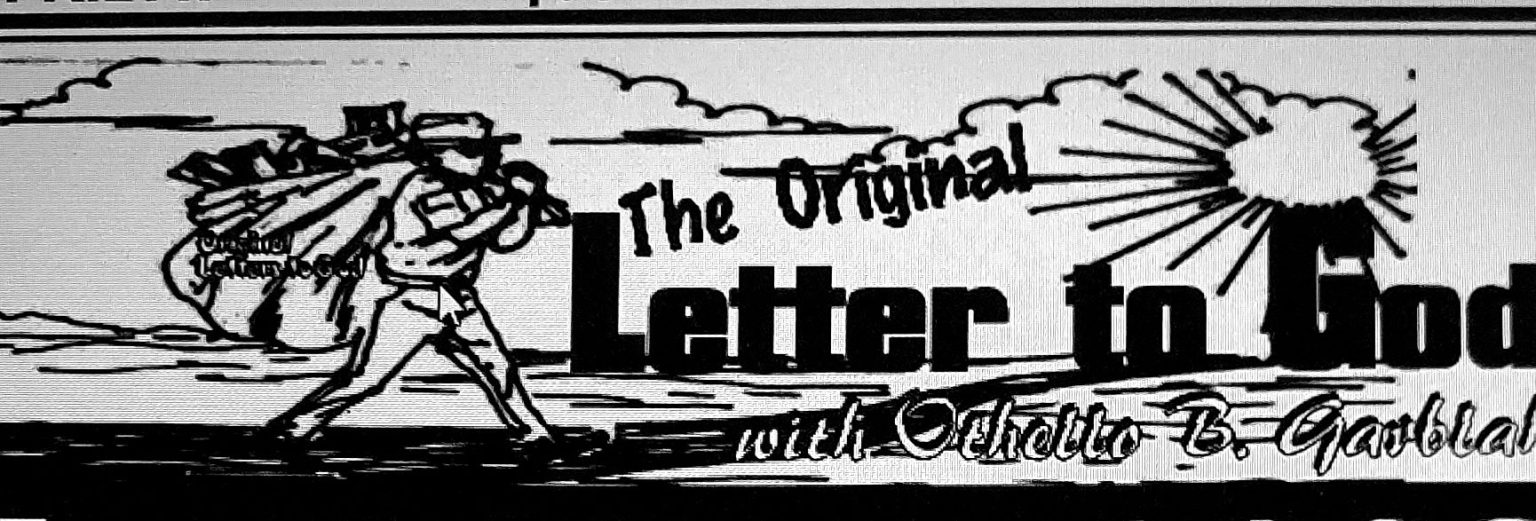This fictional conversation between a father and son satirizes the broken promises and dysfunctional state of a promised “Rescue Train.” The son, Othello, expresses his naive hope for the train’s arrival, while the father, through cynical humor, reveals the train’s numerous malfunctions and the self-serving nature of those meant to operate it. The dialogue is rich in colloquialisms, suggesting a specific cultural context, possibly West African, given the references to “Pekin man” and certain expressions.
Othello begins by questioning the delayed arrival of the Rescue Train, referencing earlier promises of its speed and efficiency. His father, however, quickly dashes his hopes, revealing news of mechanical issues plaguing the train, including leaking oil and a smoking engine. He sardonically describes the crew’s struggle for survival, highlighting the absurdity of a rescue operation hampered by its own internal failures. This establishes the central theme: the Rescue Train, meant to save others, is itself in dire need of rescuing.
The father’s cynicism expands beyond the immediate mechanical problems, delving into the deeper societal ills contributing to the train’s dysfunction. He uses the analogy of a negligent dog owner to illustrate the irresponsibility of those in charge of the Rescue Train, accusing them of abandoning their duties and leaving the people to fend for themselves. This analogy underscores the broken social contract, where those in power fail to provide for the needs of the common people. Othello, reacting with a mixture of fear and practicality, decides to take preemptive measures, planning to get his dogs spayed to avoid the burden of unwanted puppies. This reveals his growing understanding of the need for self-reliance in a system that cannot be depended upon.
The father further exposes the self-serving nature of the Rescue Train’s operators. He points to their focus on personal gain, suggesting they are more concerned with securing spare parts and maintaining their positions than fulfilling their responsibility to the community. He uses the idiom “their teeth dem sharp, sharp” to imply their predatory nature, highlighting the exploitation inherent within the system. His commentary paints a picture of systemic corruption, where individual greed trumps collective well-being.
The conversation then shifts to the topic of “Pekin man,” likely a metaphorical representation of those in power or a specific group benefiting from the dysfunctional system. The father criticizes the “Pekin man’s” empty rhetoric and self-promotion, drawing a parallel to an “empty drum” making a lot of noise. He contrasts this with the traditional value of humility and quiet diligence, referencing the cultural norm against speaking while eating. This serves as a commentary on the superficiality and hollowness of those in authority, who prioritize appearance and self-aggrandizement over genuine action and substance.
Despite the father’s disillusionment, Othello maintains a flicker of hope, expressing his willingness to board the Rescue Train even if it arrives with only two hours remaining. This demonstrates his enduring faith in the possibility of rescue, even in the face of overwhelming evidence to the contrary. His persistence represents the enduring hope of the common people, clinging to the promise of a better future despite the pervasive corruption and broken promises. The ending leaves the audience pondering the ultimate fate of Othello and the Rescue Train, highlighting the precarious nature of hope in a system riddled with dysfunction. The overarching message is one of societal critique, emphasizing the need for accountability and genuine action from those in power, while simultaneously capturing the resilience of the human spirit in the face of adversity.


